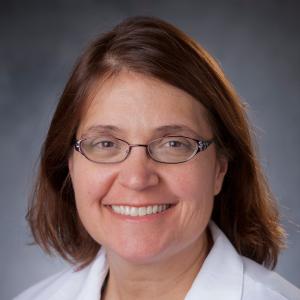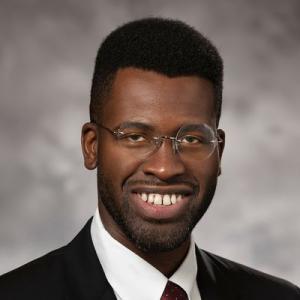
Introduction
Galileo is a project started in 2020 at the Duke Medical Center born out of the need to address the many problems that exist in our current health care system. Medical errors are the third leading cause of death. Physician and nursing burnout are prevalent. Patient care is affected by a shortage of staff and a chaotic system of patient flow, such as 12 hour waits in emergency rooms. Reimbursement drives what data is collected and how it is coded. Today’s leading EHR systems are built around technology almost 50 years old; further, they are built with a philosophy that one size fits all. The type of care that is delivered is influenced by the ability of the recipient to pay for care.
Change to address the numerous problems in healthcare is a significant challenge that begins with first defining what constitutes the perfect health system, health care being a sub-component. Galileo seeks to do just that. The goal is not to address perceived problems of today, but to step into the future. The present and one’s experiences will influence thinking, but the goal is to define the perfect system with no constraints. We must not say that this is impossible to do, or that we cannot do this because of regulations, cost, policy, or technology. These are merely problems to solve.
Unconstrained thinking is difficult; the mind drifts back to today’s problems. In addition, the focus for each person interacting in the health system is guided by each person’s orientation. For instance, the challenges and potential solutions will be influenced differently based on who that person is: a physician, a nurse, a patient, an allied healthcare worker, a community representative, a payer, a teenager, a retiree, from a specific socioeconomic class, from various racial minorities, and more. It will be important to hear from all stakeholders to truly define and strive towards a perfect health system. To date, three different groups of health professionals have shared their thoughts with a focus on interoperability, primary care, community, technology, finances, workforce, and the barriers that must be eliminated. If you would like to be included in future discussions, please contact Dr. Ed Hammond.
_____________________________________________________________________________________________________
Mission and Vision
We seek to describe the perfect health system, one that is realizable, fosters innovation, and enables individuals to attain their highest quality of life.
- Focus on the patient as the most important component
- Be open to all
- Meet patients at their points of need
- Include input from all identifiable groups of persons
- Enable the building of healthy communities
- Recognize the need to act locally while thinking globally
- Be affordable to all persons
- Use technology in appropriate, affordable, and effective ways
Executive Committee
Presentations
- October 26, 2022. Defining the Perfect Health System. Duke Center for Health Informatics Research Seminar, Duke University, Durham, NC.
- September 27, 2022. Escape from the Past and the Present to the Future. Doctor of Nursing Practice, Duke University, Durham, NC.
- September 19, 2022. Technological Changes for a Perfect Health System. HL7 Annual Plenary and Working Group Meeting, Baltimore, MD.
- September 8, 2022. Goodbye Electronic Health Record? European Federation of Medical Informatics (EFMI) Special Topic Conference, Cardiff, Wales.
- June 9, 2022. The Galileo Project: Digital Health. Biostatistics and Bioinformatics, Duke University, Durham, NC.
- June 8, 2022. The Galileo Project: Learning How to Define the Perfect Health System. Analytics Center of Excellence (ACE), Duke University, Durham, NC.
- January 31, 2022. The Galileo Project: Making the Future. HL7 Electronic Health Record (EHR): Reducing Clinician Burden Project Team, Ann Arbor, MI.
- October 19, 2021. The Galileo Project. Columbia University FHIR Lab, New York, NY.
- October 19, 2021. The Galileo Project: Digital Health. IRISS Digitalization in Regulatory, Bradenton, FL.
- October 9, 2021. Sharing Bold Thoughts. Master of Management in Clinical Informatics (MMCi) Thought Leadership, Duke University, Durham, NC.
- September 28, 2021. A Brief Look at the Past, the Present, and the Future in Health Informatics. Doctor of Nursing Practice, Duke University, Durham, NC.
- May 25, 2021. The Galileo Project: Defining the Perfect Health System. European Federation for Medical Informatics (EFMI) 31st Medical Informatics Europe Conference (MIE 2021), Athens, Greece.
- January 15, 2021. In Pursuit of Perfection. Master of Management in Clinical Informatics (MMCi) Thought Leadership, Duke University, Durham, NC.
- November 10, 2020. In Pursuit of the Perfect. International Journal of Informatics Systems Go Live, Buenos Aires, Argentina.




